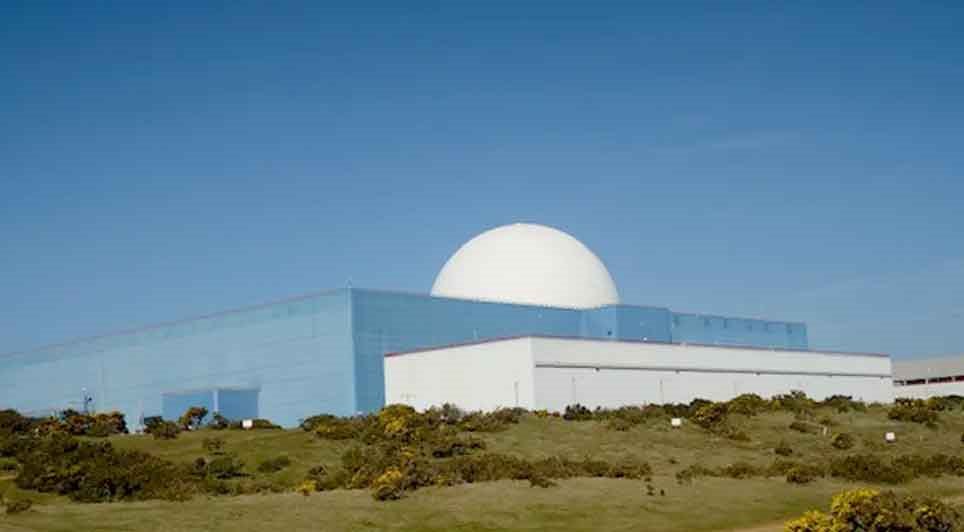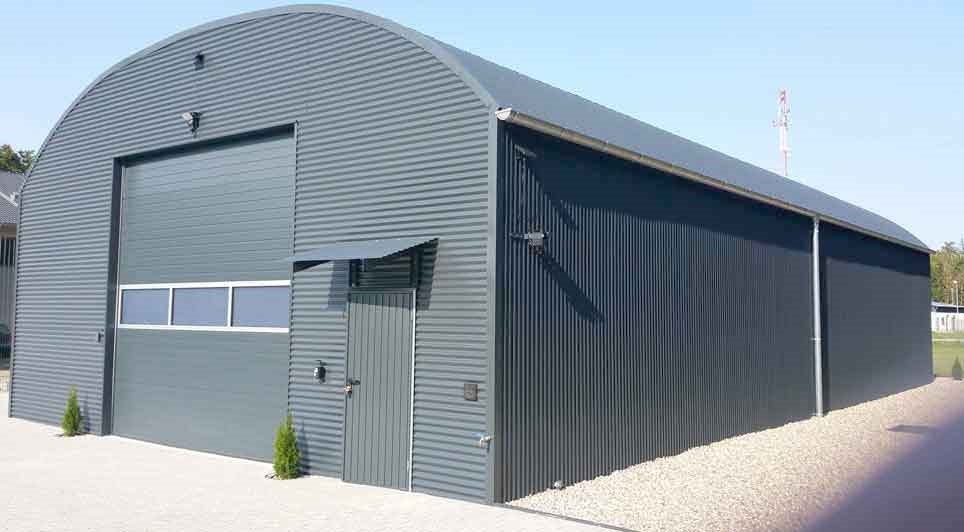Energy suppliers have dramatically increased their dividend payments to shareholders by £257 million over the last year despite claims that high profits are needed for re-investment in energy infrastructure, new research published has revealed.
The Local Government Association (LGA), a cross-party organisation representing more than 400 councils in England and Wales, commissioned independent experts SQW energy to investigate the published financial statements of the six major energy suppliers. Its analysis found that dividend payments have risen from £1.378 billion in 2006 to £1.635 billion in 2007, a 19% increase and equivalent to £75 per household.
Centrica, the owner of British Gas, recently justified price hikes of up to 44% by saying the revenue was needed to invest in new sources of low-carbon energy. In 2007, it paid nearly £500 million in dividends to their shareholders.
The revelation that the major energy suppliers' dividend payments rose by £257 million in just a year comes as household energy bills continue to soar. Fuel bills for the average British family are increasing from £1,000 to £1,400 and as many as five million people in Britain now find themselves in fuel poverty.
Only two of the six major energy suppliers are listed on the London Stock Exchange and the other four have foreign parent companies. Shareholders listed in London received £952 million, those parent companies in Frankfurt received a dividend payment of £490 million, while those listed in Paris received took £110 million and Madrid £83 million.
For six months, the LGA has been campaigning for the energy suppliers to contribute £500 million annually for at least the next five years towards a national home insulation programme. This council-led scheme would knock £280 a year off the fuel bills of ten million households, lift 500,000 people out of fuel poverty and cut domestic carbon emissions by 20 per cent.
The cost to the energy suppliers every year would be less than a third of the total dividend payment in 2007. The £500 million a year contribution would be equivalent to the money householders already pay to utility companies to pay for existing insulation schemes.
(CD/JM)
 UK
UK Ireland
Ireland Scotland
Scotland London
London

.gif)




















